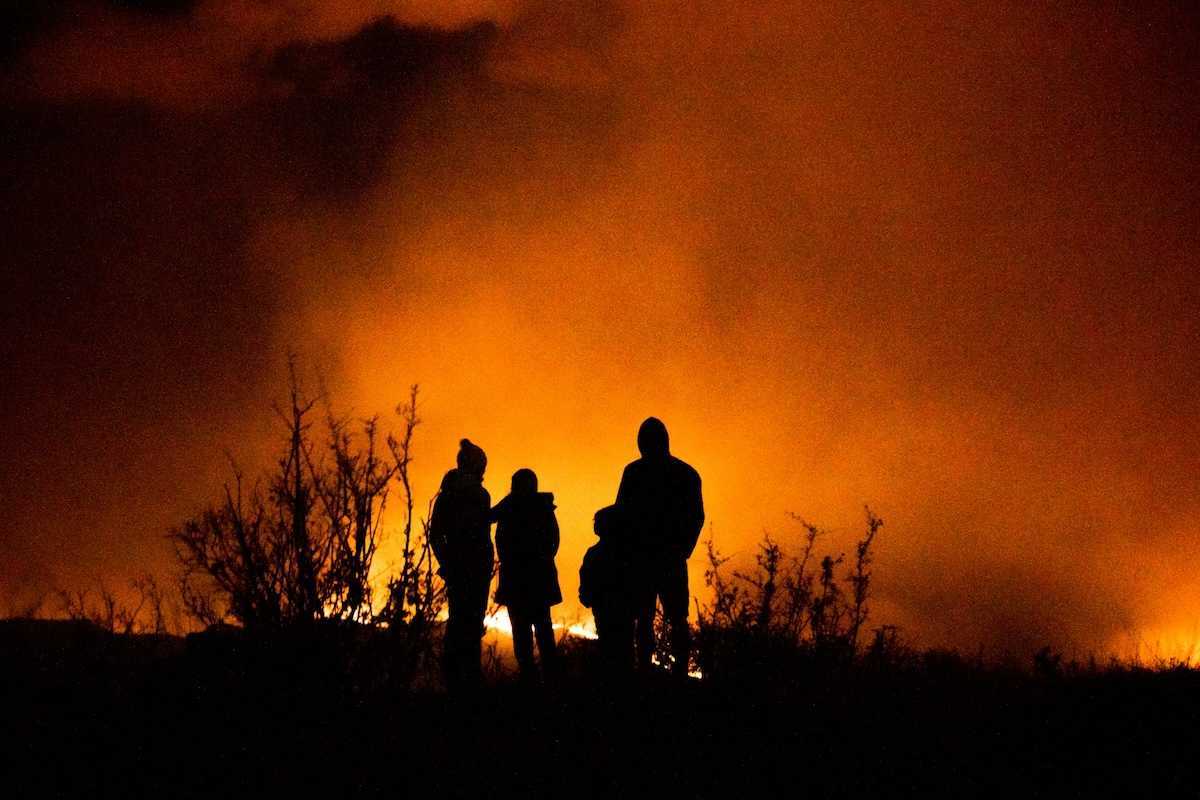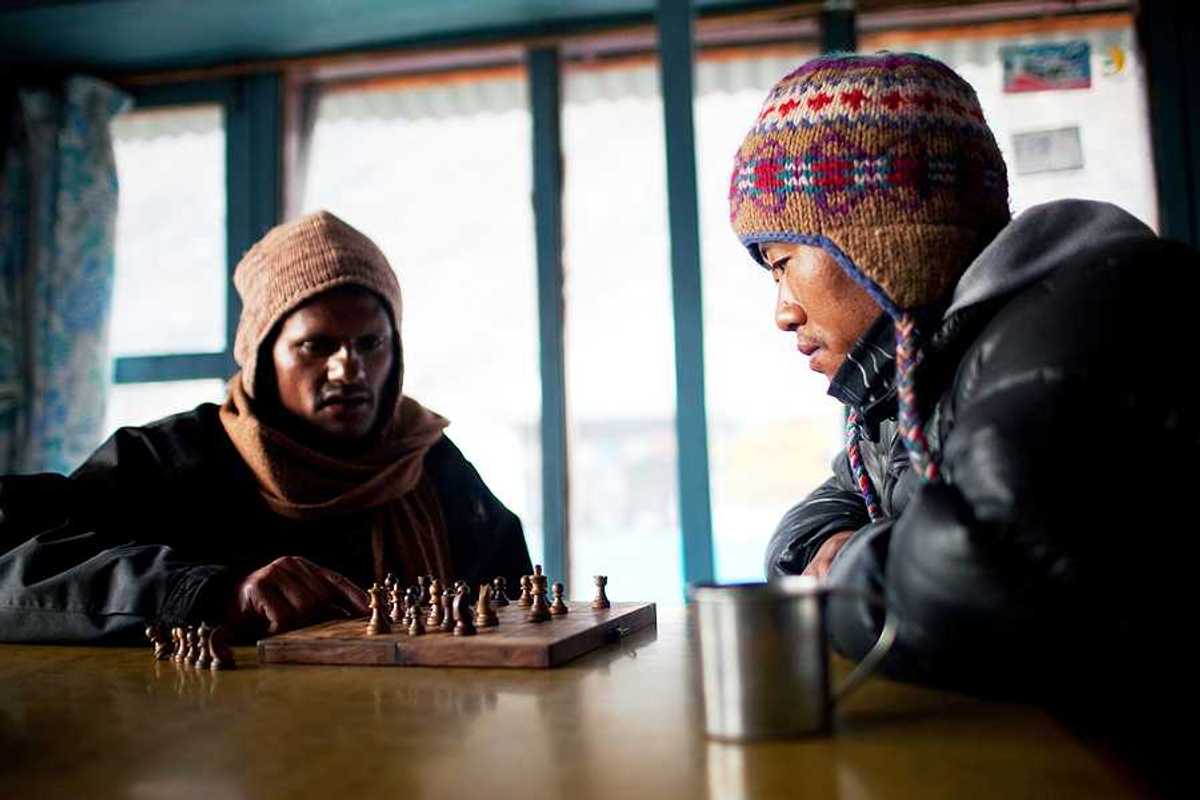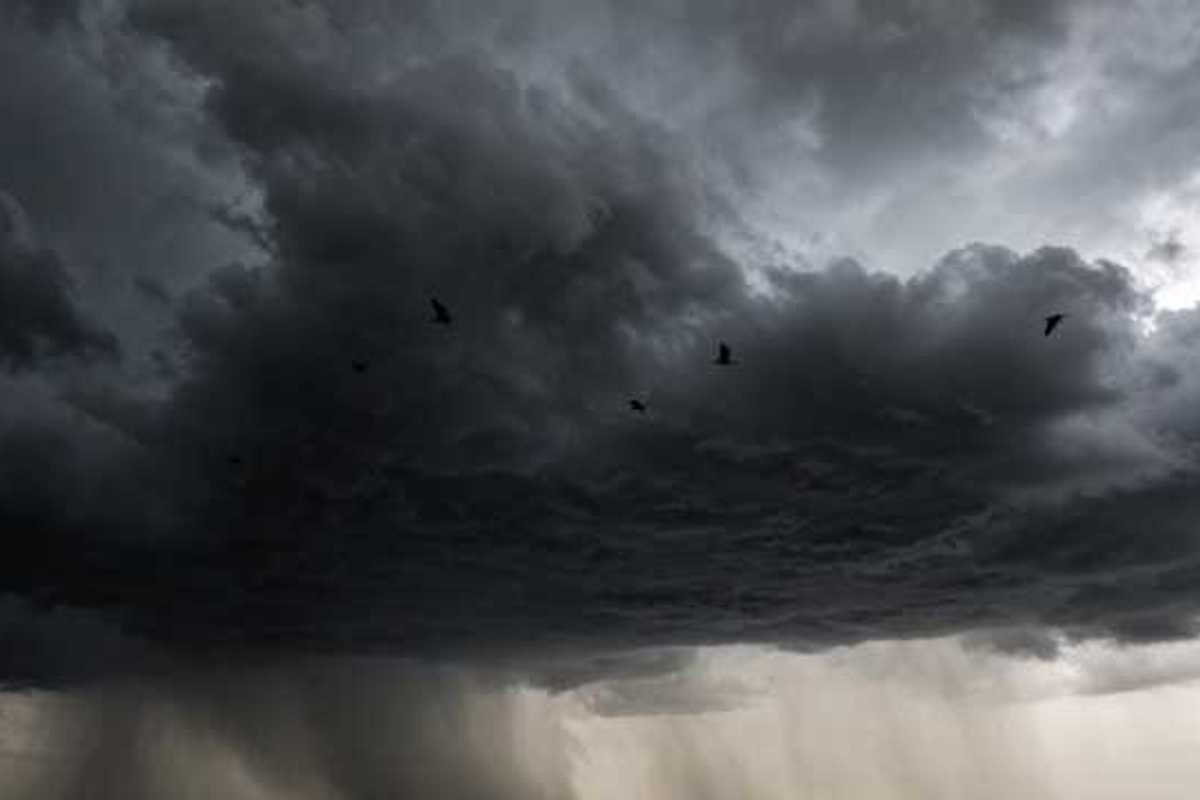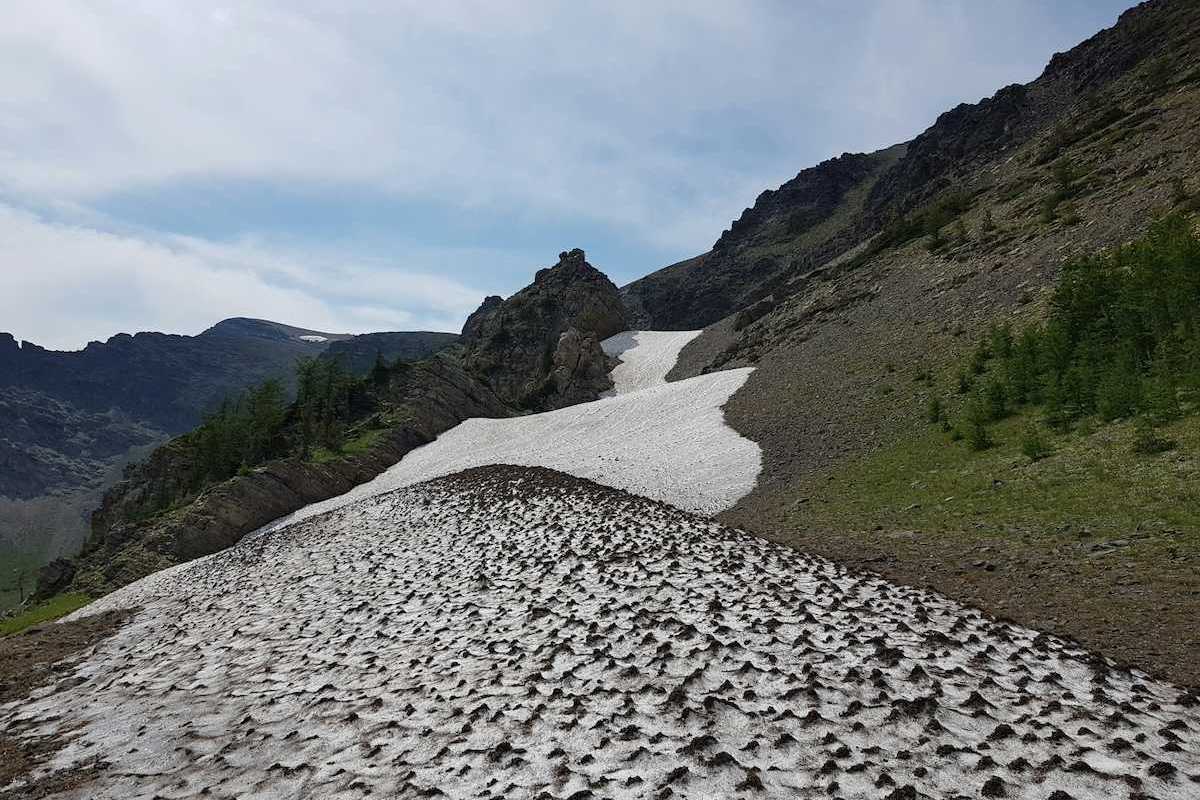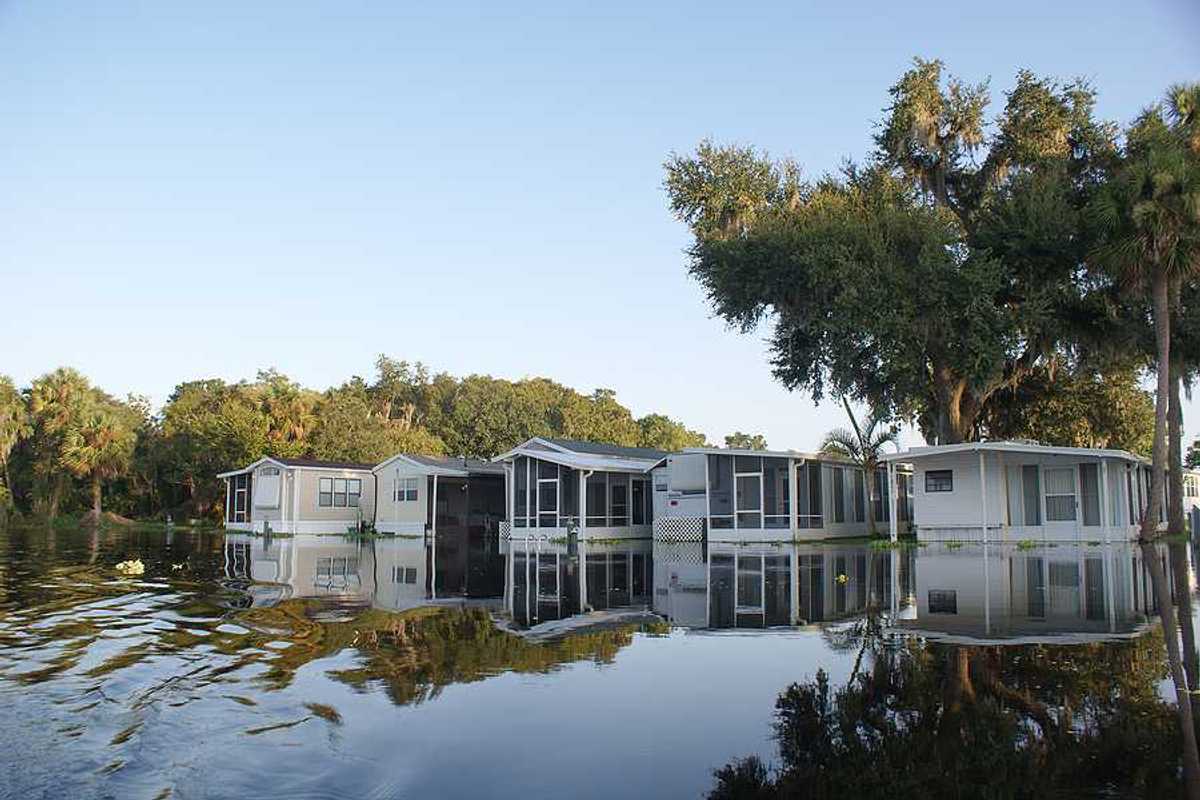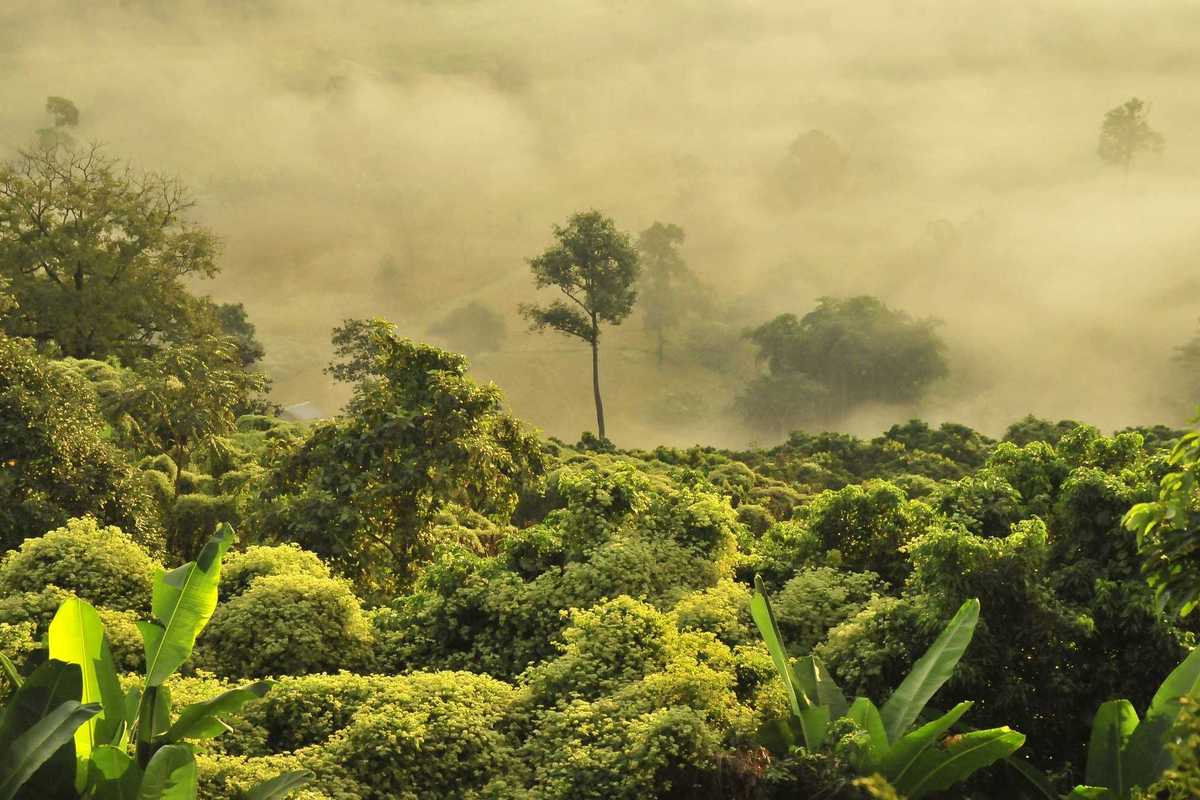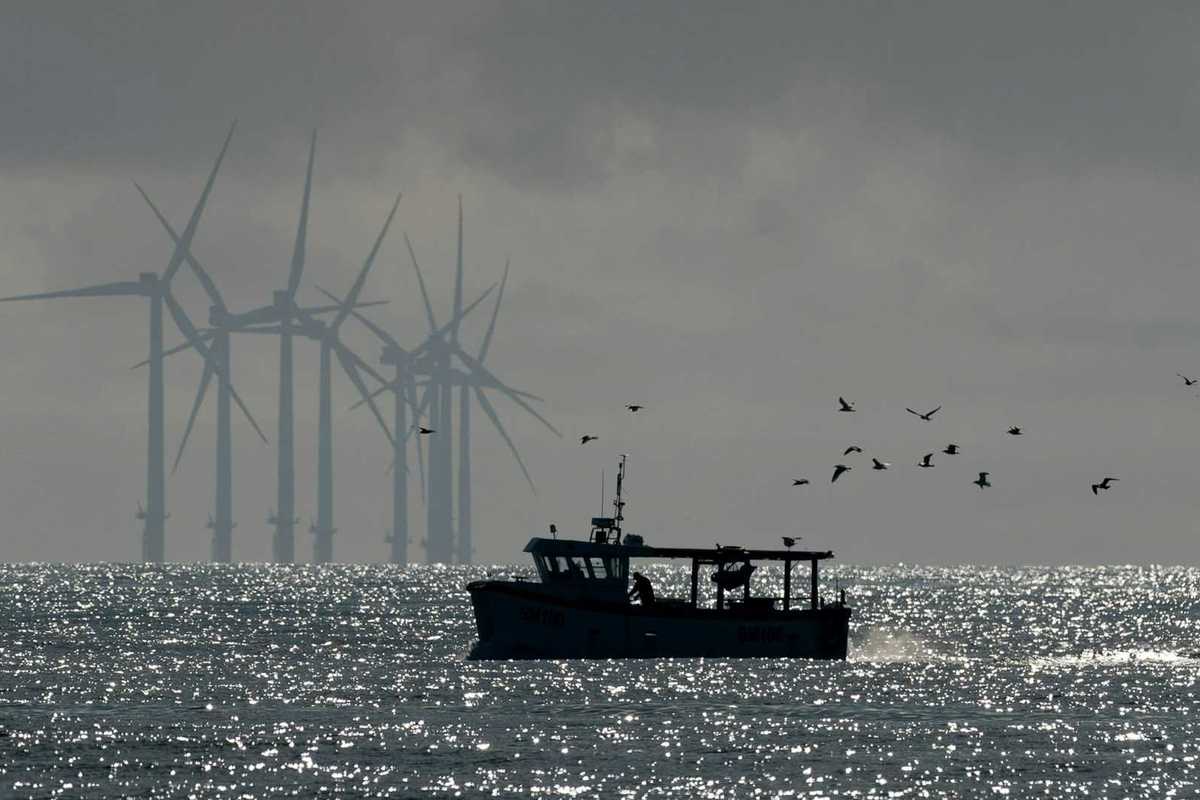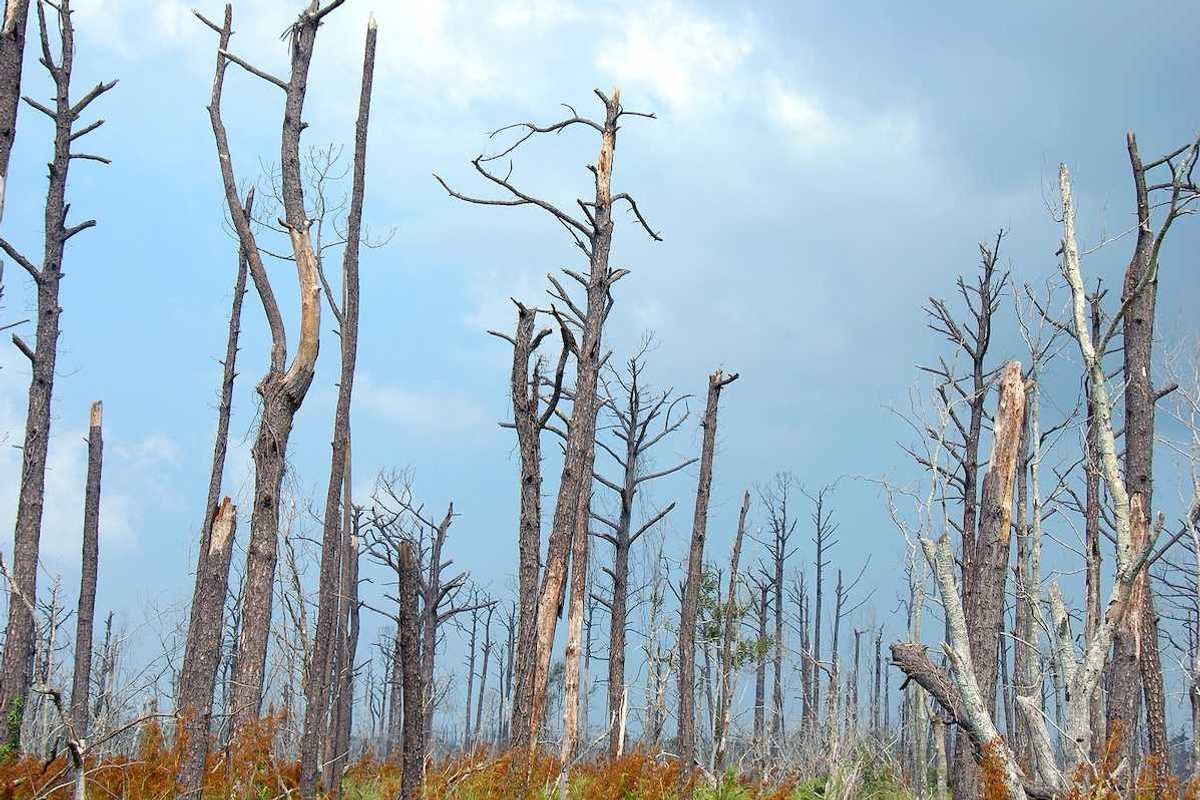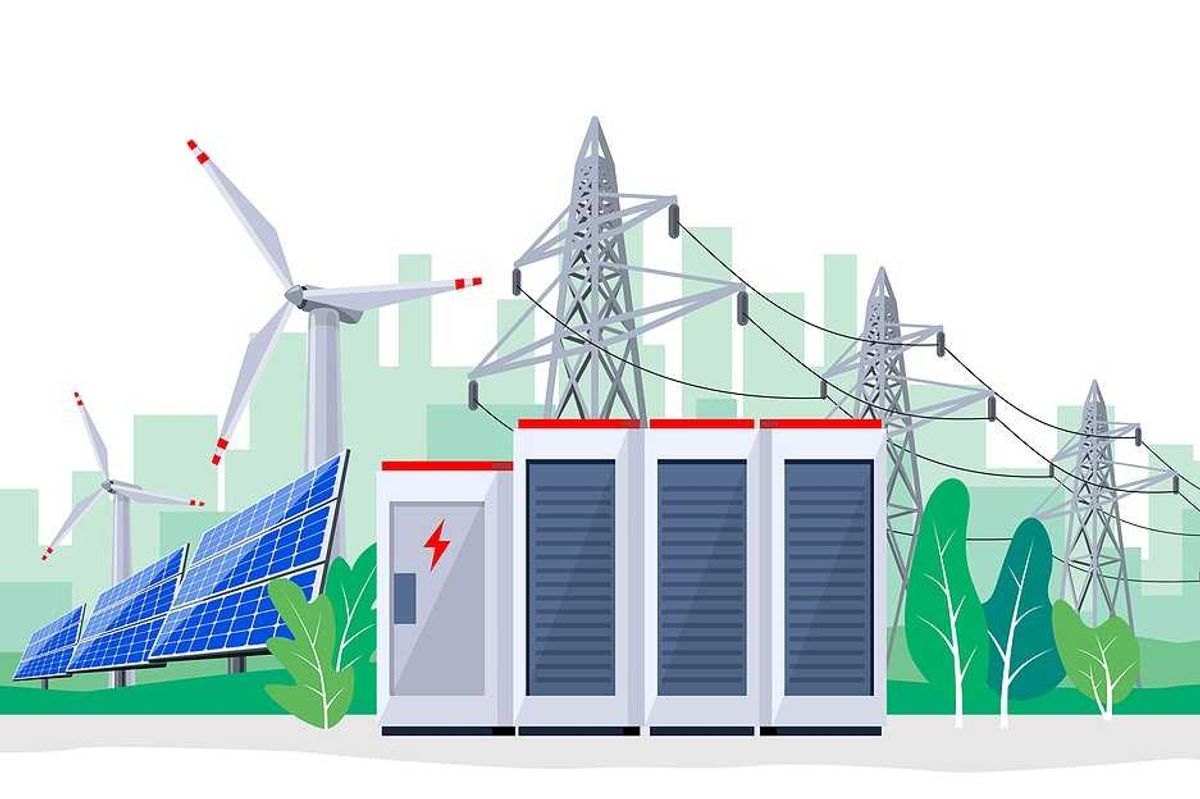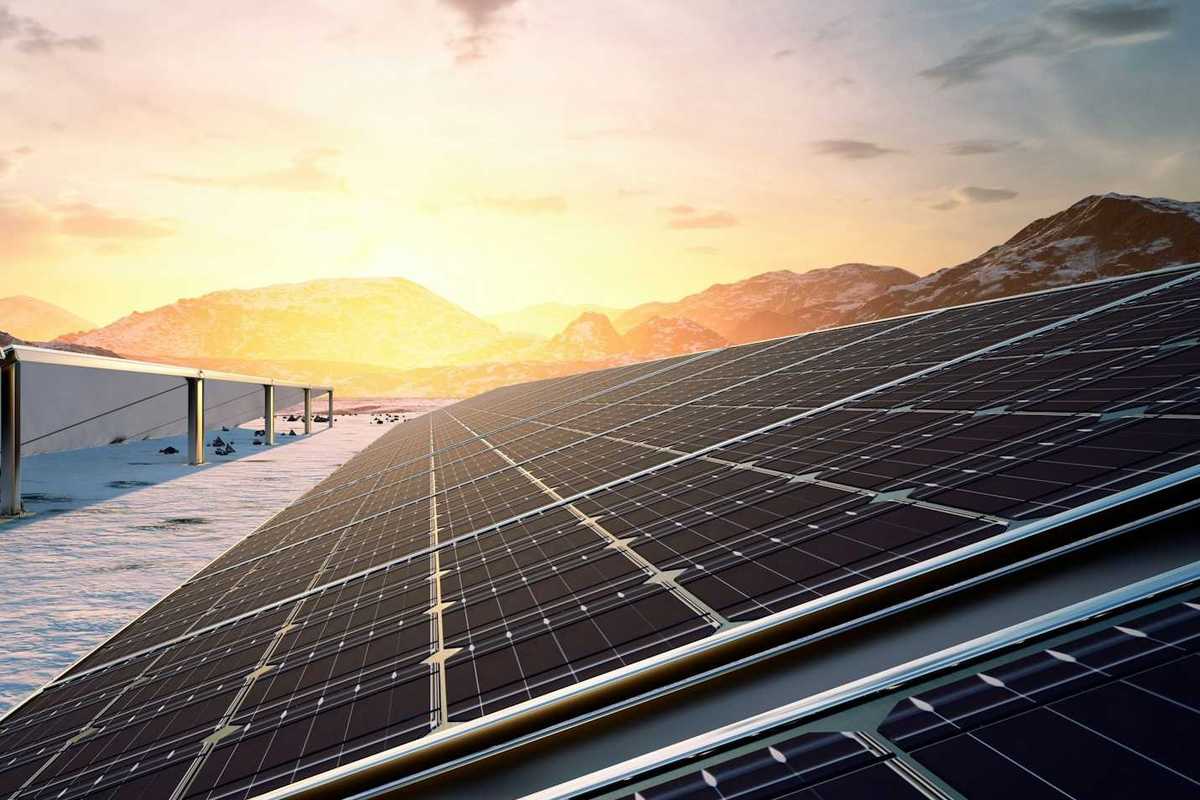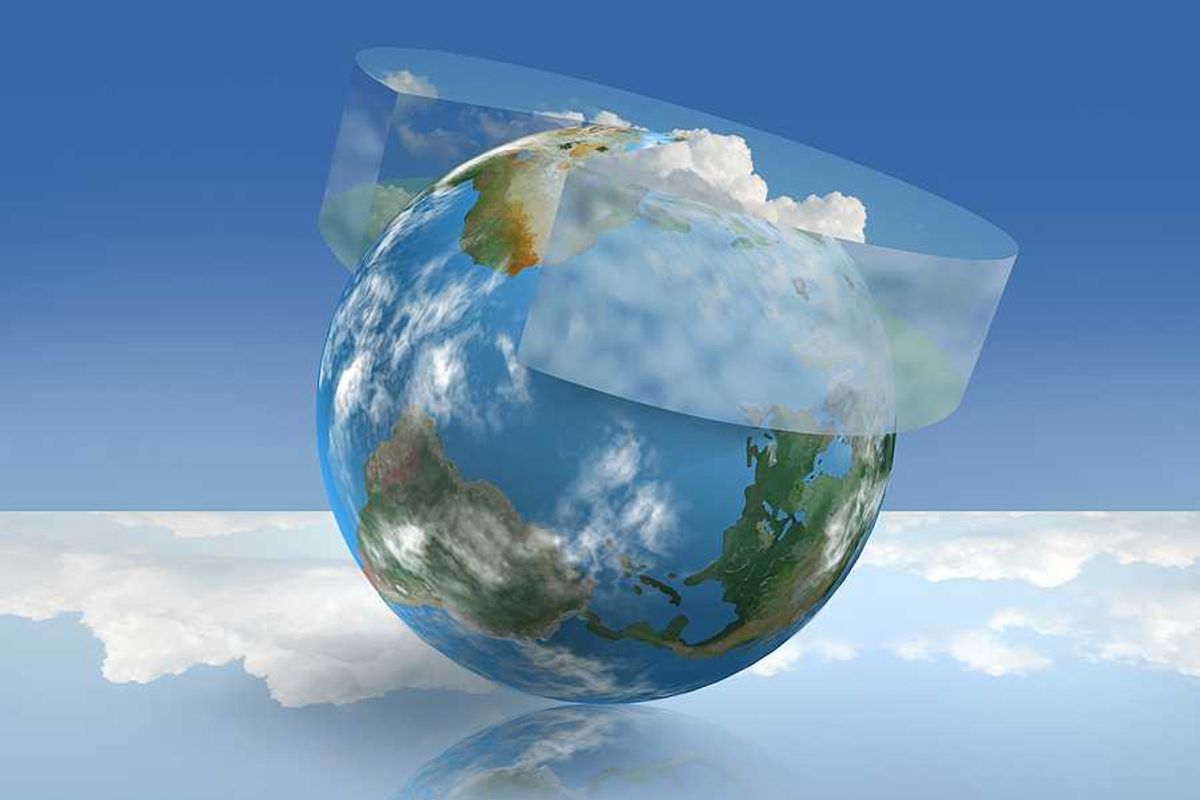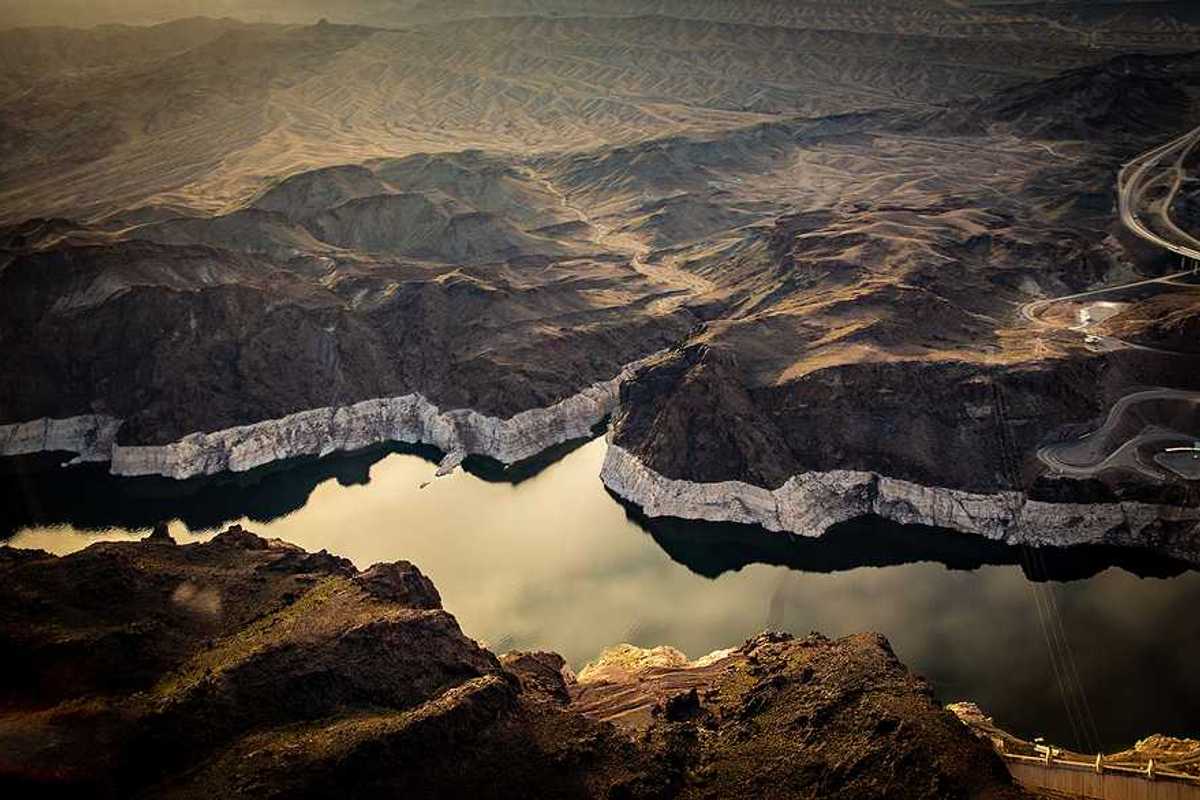We heard from more than 40 current and former emergency managers in 11 states about what they need to prepare for the next disaster — and what they aren’t getting.
Resilience
Centuries-old wells restored to provide drinking water as parts of the country head towards “day zero” when no water will be available.
Seasonal migration and low resident voter presence in Nepal’s Sagarmatha region mean election campaigns concentrate on infrastructure rather than climate adaptation, leaving long-term environmental resilience underprioritized.
Computer simulations reveal that spraying sea salt aerosols may keep global temperatures near 2020 levels as air pollution falls—but may also redraw regional weather patterns.
Without snow in the mountains, the places that depend on the West’s rivers will hurt for water.
Advisory board member says adapting is ‘not rocket science’ but Europe already paying price for lack of preparation.
Ron DeSantis is slashing government spending, but the Sunshine State can’t afford to abandon its climate adaptation fund.
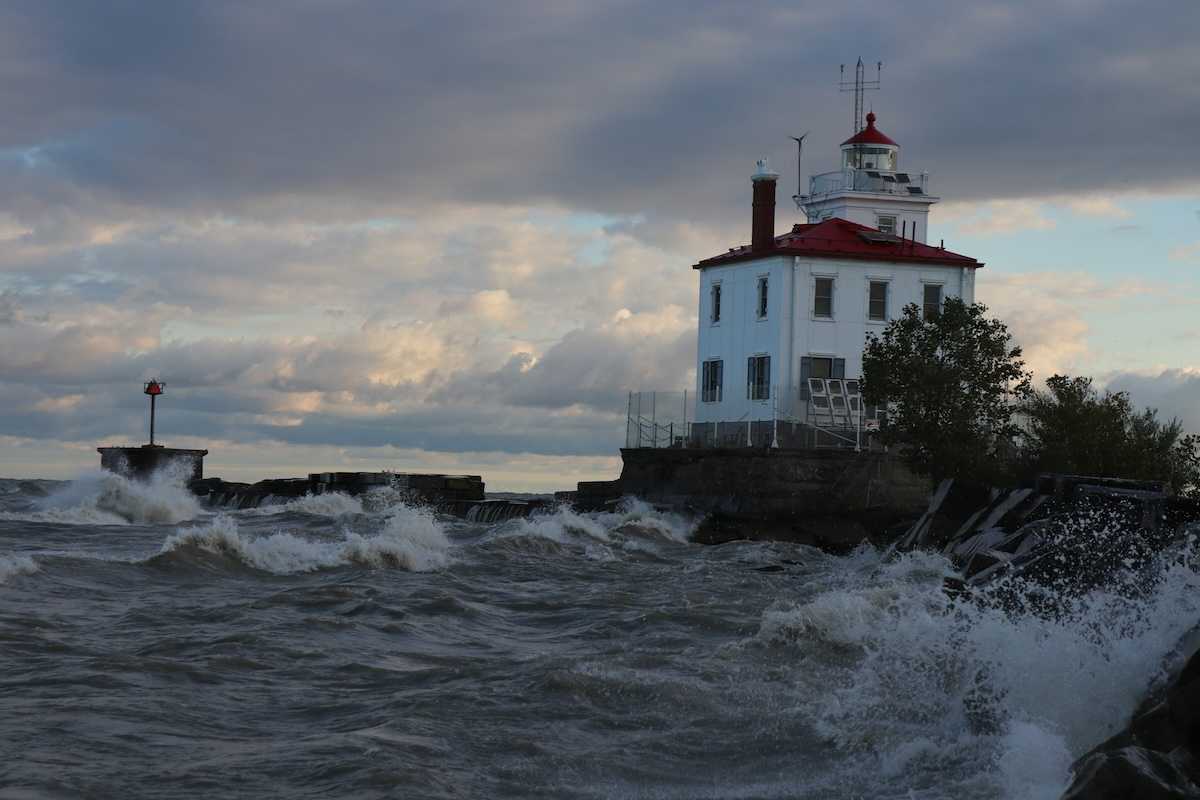
Lake Erie’s storm surges become more extreme
17 February
Officials are designing new ways to protect the shorelines from sudden flooding and longer storm seasons.
A sweeping scientific review finds that forests regulate temperature, stabilize water cycles and reduce heat-related risks in ways that directly protect human well-being.
America’s two utility-scale offshore wind farms performed as well as gas power plants and better than coal in January — including during Winter Storm Fern.
In the wetlands of coastal southeast Louisiana, conservation groups are wrapping up a four-year project to plant 30,000 trees.
The company, long focused on cars and trucks, plans to begin manufacturing large batteries used by utilities, data centers, other businesses and homeowners.

Planning for disaster? Consider Haida wisdom
12 February
A BC climate risk report highlights the connectedness of all things and sounds an alarm.
Russia continues to bomb Ukraine’s fossil-fueled power plants, leaving much of the nation shivering during a brutal winter. But Ukraine's new emphasis on developing decentralized power — from solar panels to wind turbines — is advancing an unexpected green energy transition.
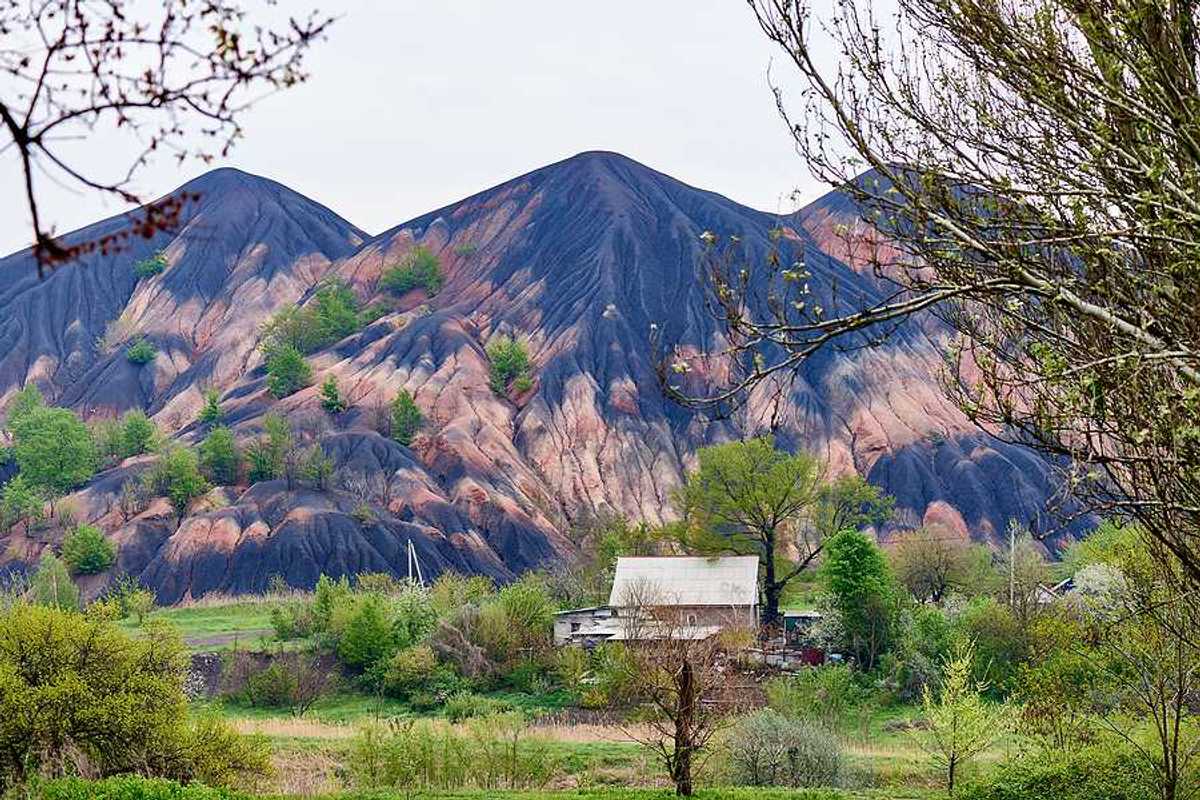
A coal town reborn
06 February
Once synonymous with mining, this northern French town has become a model for how to sustainably transition away from fossil fuels.
As the climate crisis intensifies, interest in solar engineering is increasing, including among private companies and investors. But the technique is controversial and lacks regulation.
With another federal deadline only weeks away and record-low snowfall further drying out the watershed, states have begun talking about whether they are prepared for litigation.
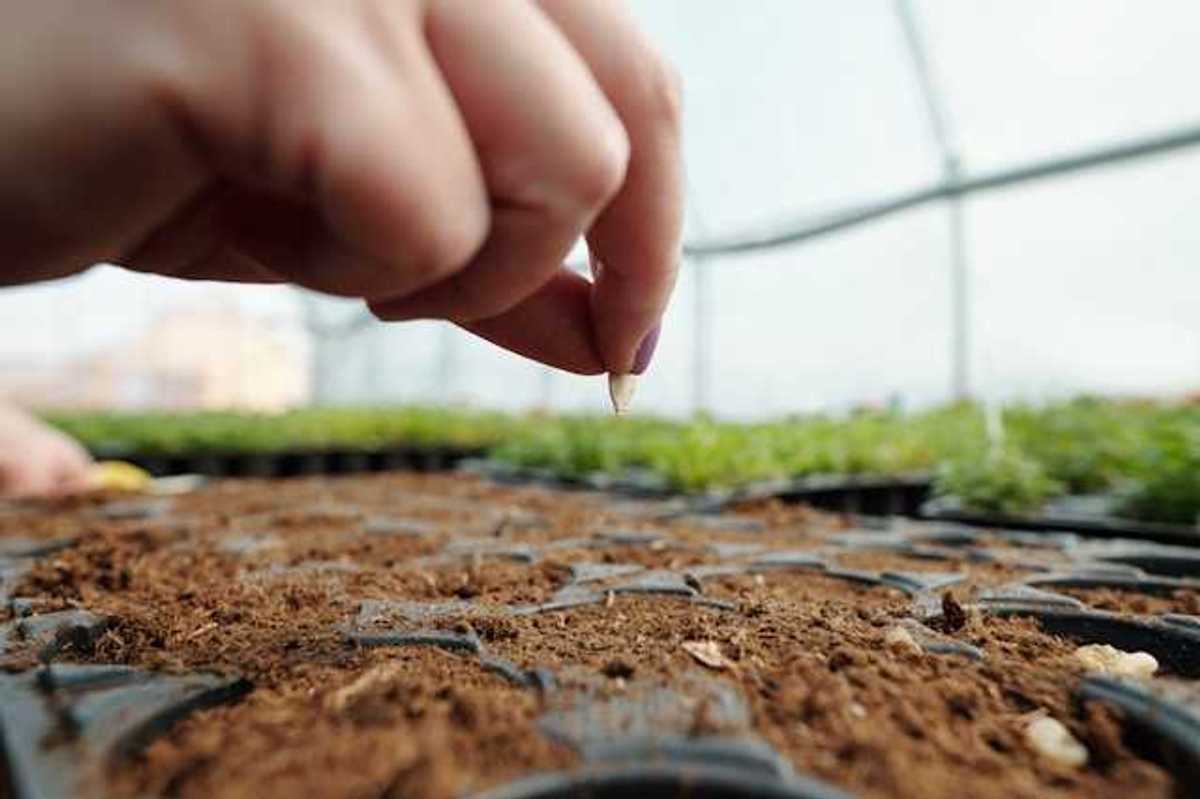
The US farmers saving Palestinian seeds
03 February
More than 40 growers nationwide are working to preserve heirloom seeds, along with the history, tradition, and identity they contain.
Journalism that drives the discussion
Copyright © 2017 Environmental Health Sciences. All rights reserved.
Copyright © 2017 Environmental Health Sciences. All rights reserved.

